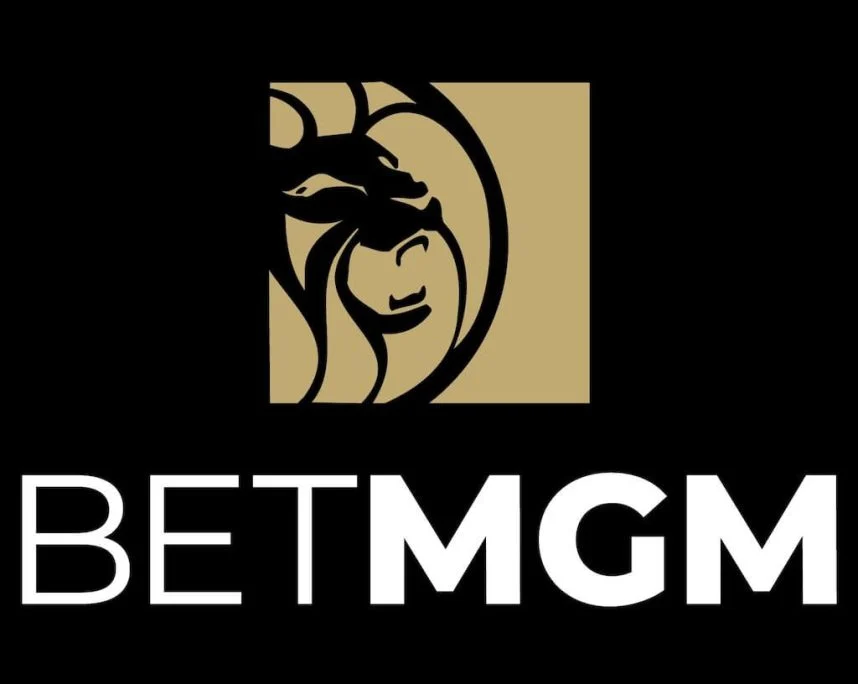How Web 3 Could Transform the Perceived Integrity of the Casino Industry
In recent years, the emergence of Web 3.0 technologies has sparked significant discussions about their potential to revolutionize various industries, including the world of online gambling and casinos. With its emphasis on decentralization, transparency, and trustlessness, Web 3.0 has the potential to address some of the longstanding challenges associated with the perceived integrity of the casino industry.
1. Decentralization and Transparency: One of the core principles of Web 3.0 is decentralization, which refers to the distribution of control and authority away from centralized entities. In the context of the casino industry, decentralization could lead to the development of decentralized gambling platforms built on blockchain technology. These platforms would operate without the need for intermediaries or centralized authorities, allowing for greater transparency and trust in the gambling process.
2. Smart Contracts and Provably Fair Gaming: Web 3.0 technologies, such as smart contracts, enable the creation of provably fair gaming systems. Smart contracts are self-executing contracts with the terms of the agreement directly written into code. In the context of online casinos, smart contracts can be used to create games where the outcome is determined by cryptographic algorithms, ensuring that neither the player nor the casino can manipulate the results. This concept of provably fair gaming enhances trust and integrity in online gambling, as players can verify the fairness of each game themselves.
3. Immutable Records and Accountability: Blockchain technology, a key component of Web 3.0, offers immutable records of transactions that cannot be altered or tampered with. In the context of online gambling, this means that every transaction, including deposits, withdrawals, and gameplay, is recorded on the blockchain in a transparent and immutable manner. This provides a high level of accountability for both players and casino operators, as any discrepancies or disputes can be easily traced and resolved using the blockchain’s transparent audit trail.
4. Community Governance and Oversight: Another aspect of Web 3.0 is the concept of community governance, where decisions are made collectively by the users of a platform rather than by a centralized authority. In the context of decentralized gambling platforms, community governance mechanisms could be implemented to ensure that the platform operates in a fair and transparent manner. Users could vote on important decisions such as changes to the platform’s rules or the distribution of funds, fostering a sense of ownership and trust among the community.
5. Enhanced Security and Privacy: Web 3.0 technologies offer enhanced security and privacy features compared to traditional centralized systems. By leveraging encryption and decentralization, Web 3.0 platforms can provide greater protection against hacks, data breaches, and unauthorized access. This enhances the integrity of the casino industry by safeguarding players’ personal and financial information and ensuring that their transactions remain secure and private.
In conclusion, Web 3.0 technologies have the potential to significantly transform the perceived integrity of the casino industry by introducing decentralization, transparency, accountability, community governance, and enhanced security and privacy features. By leveraging these technologies, online casinos can build trust and confidence among players, ultimately leading to a more transparent, fair, and trustworthy gambling ecosystem. As the Web 3.0 revolution continues to unfold, the casino industry stands poised for a paradigm shift towards greater integrity and accountability.



